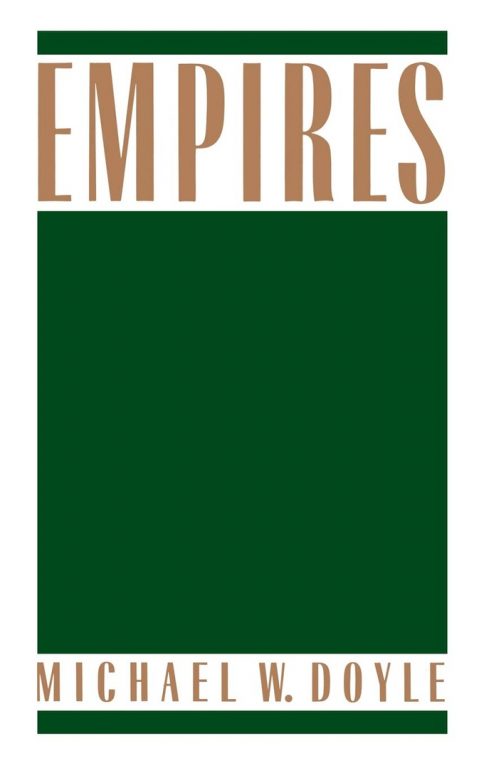Empires – Michael W. Doyle
Cornell University Press | 1986 | PDF
Although empires have shaped the political development of virtually all the states of the modern world, “imperialism” has not figured largely in the mainstream of scholarly literature. This book seeks to account for the imperial phenomenon and to establish its importance as a subject in the study of the theory of world politics. Michael Doyle believes that empires can best be defined as relationships of effective political control imposed by some political societies―those called metropoles―on other political societies―called peripheries. To build an explanation of the birth, life, and death of empires, he starts with an overview and critique of the leading theories of imperialism. Supplementing theoretical analysis with historical description, he considers episodes from the life cycles of empires from the classical and modern world, concentrating on the nineteenth-century scramble for Africa. He describes in detail the slow entanglement of the peripheral societies on the Nile and the Niger with metropolitan power, the survival of independent Ethiopia, Bismarck’s manipulation of imperial diplomacy for European ends, the race for imperial possession in the 1880s, and the rapid setting of the imperial sun. Combining a sensitivity to historical detail with a judicious search for general patterns, Empires will engage the attention of social scientists in many disciplines.
 1 / 1
1 / 1